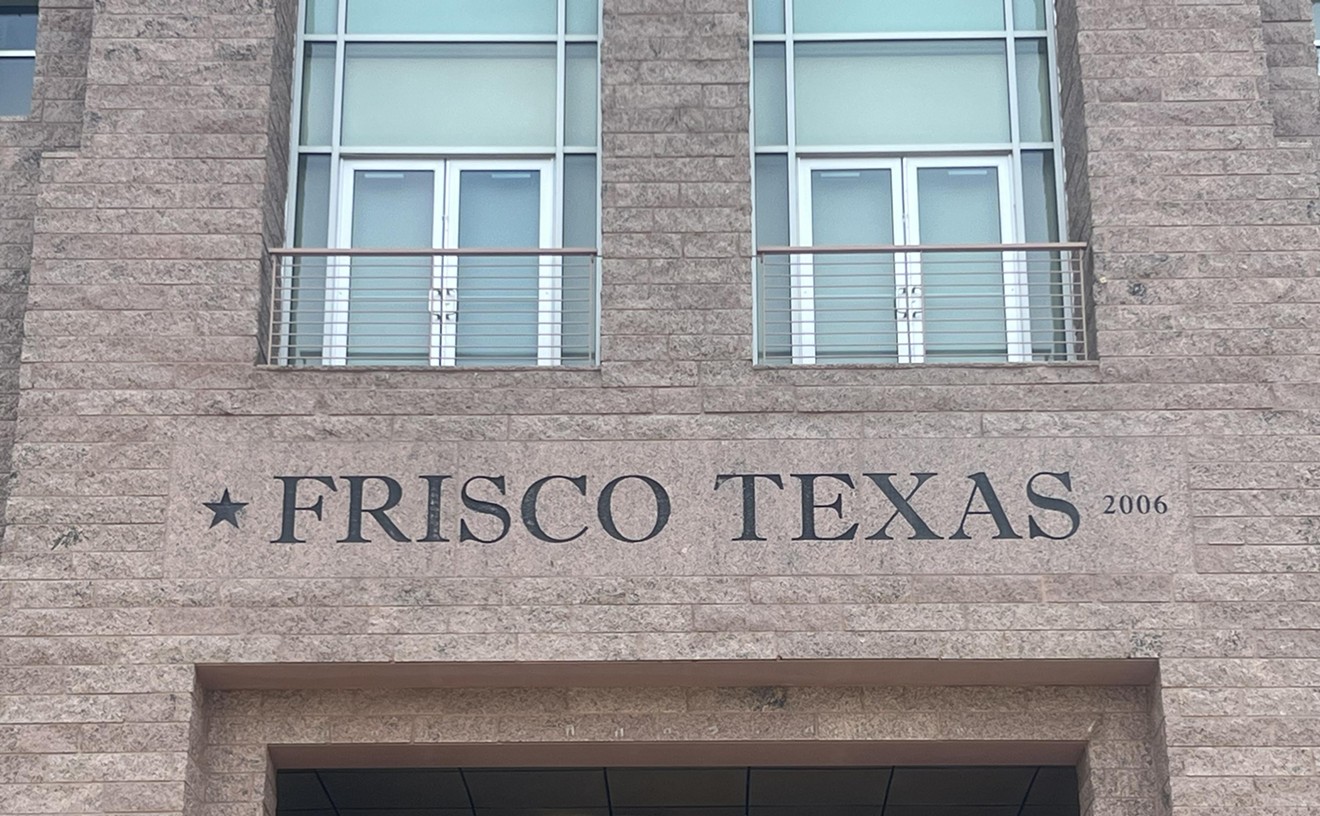On Tuesday afternoon, city staff released the results of the first year of Dallas' so-called living wage program. In late 2015, the Dallas City Council voted to require any business with a city contract to pay its employees $10.37, about $3 more per hour than the federal minimum wage of $7.25.
While several city contracts renewed in 2016 are more expensive, temporary employees have increased morale, are available more often and are sticking around long enough to transition to full-time employment with the city.
Over the last year, the city renewed six contracts that city staff believed would be affected by the city's new wage floor for contracted workers. In each case, the renewals — for set up services at the convention center, grounds maintenance, general city day labor, clerical temporary labor, temporary stage hands and temporary sanitation workers — came at cost increases of between 1 and 76 percent, but city staff believes the council is getting exactly what it wanted out of its decision. The overall cost of the living wage program, according to Mike Frosch, the city of Dallas' director of procurement, is about $3.1 million.
According to data collected by the city, the vast majority, about 92 percent, of the contracted employees benefiting from the pay bump live in the city of Dallas proper. In the contract most closely examined by the city, the one for temporary sanitation workers, the number of employees who call Dallas home was even higher, at 95 percent.
Dallas CFO Elizabeth Reich told the city council Budget Finance and Audit Committee that temporary sanitation employees also had higher morale, were more likely to show up to work and thus be able to gain experience. These improvements have enabled the city to hire 18 temporary sanitation workers to full-time jobs, Frosch said.
“The thing that’s keeping our people poor is that they don’t make enough money,” conservative City Council member Rickey Callahan said, praising the living wage program. “Some of that can be improved by skill set, but wages have been pent up for a long time.”
Thanks to the work of Council member Lee Kleinman, who helped push the initial living wage ordinance a year-and-a-half ago, the city’s wage floor is tied to a Massachusetts Institute of Technology living wage calculation. As that number goes up, or down, the city’s wage floor will as well.

Audio By Carbonatix
[
{
"name": "Air - MediumRectangle - Inline Content - Mobile Display Size",
"component": "18855504",
"insertPoint": "2",
"requiredCountToDisplay": "2",
"watchElement": ".fdn-content-body",
"astAdList": [
{
"adType": "rectangle",
"displayTargets": "mobile"
}
]
},{
"name": "Editor Picks",
"component": "17105533",
"insertPoint": "4",
"requiredCountToDisplay": "1",
"watchElement": ".fdn-content-body",
"astAdList": [
{
"adType": "rectangle",
"displayTargets": "desktop|tablet"
},{
"adType": "rectangle",
"displayTargets": "desktop|tablet|mobile"
}
]
},{
"name": "Inline Links",
"component": "18349797",
"insertPoint": "8th",
"startingPoint": 8,
"requiredCountToDisplay": "7",
"maxInsertions": 25
},{
"name": "Air - MediumRectangle - Combo - Inline Content",
"component": "17105532",
"insertPoint": "8th",
"startingPoint": 8,
"requiredCountToDisplay": "7",
"maxInsertions": 25,
"watchElement": ".fdn-content-body",
"astAdList": [
{
"adType": "rectangle",
"displayTargets": "desktop|tablet"
},{
"adType": "rectangle",
"displayTargets": "desktop|tablet|mobile"
}
]
},{
"name": "Inline Links",
"component": "18349797",
"insertPoint": "8th",
"startingPoint": 12,
"requiredCountToDisplay": "11",
"maxInsertions": 25
},{
"name": "Air - Leaderboard Tower - Combo - Inline Content",
"component": "17105535",
"insertPoint": "8th",
"startingPoint": 12,
"requiredCountToDisplay": "11",
"maxInsertions": 25,
"watchElement": ".fdn-content-body",
"astAdList": [
{
"adType": "leaderboardInlineContent",
"displayTargets": "desktop|tablet"
},{
"adType": "tower",
"displayTargets": "mobile"
}
]
}
]











